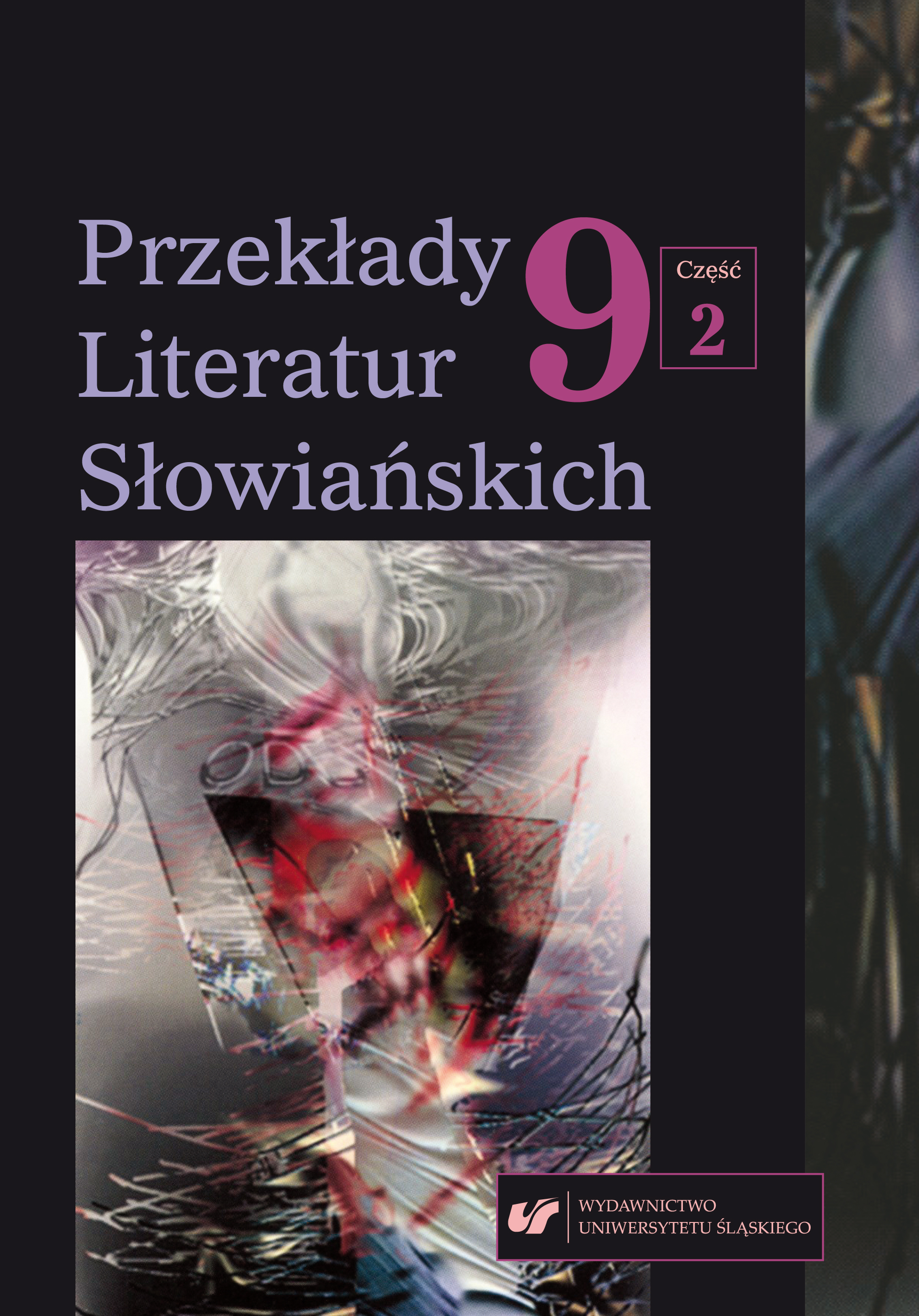Gustaw Herling-Grudziński Dnevnik pisan noću (ruski za logor, engleski za rat, italijanski za tuđinu, poljski za noć* ) Ne prevoditi da bi se razumjelo
Gustaw Herling-Grudziński’s Diary Written by Night (Russian for gulags, English for war, Italian for being an expatriate, Polish for staying up at night) Not translating to understand
Author(s): Amela Ljevo-OvčinaSubject(s): Language studies, Language and Literature Studies, Studies of Literature, Translation Studies, Theory of Literature
Published by: Wydawnictwo Uniwersytetu Śląskiego
Keywords: Polish language; Russian language; English language; Italian language; Gustaw Herling-Grudziński; not translating
Summary/Abstract: Literature may stand in opposition to any theory, and so, even those theories which are marked by conspicuous theses, hardly provide readers with sufficient, compelling interpretations. Gustaw Herling-Grudziński in his Diary Written at Night assumes the reader’s vantage point. He writes of what he sees, reads, and what he can remember, but also of what is really important. In the Diary we may witness a Pole who, despite being an outstanding intermediary, does not take liberty to explain in order to elucidate new things, but merely reads and comprehends the world, approaching reality also by means of languages and cultures through which Goodness is expressed.
Journal: Przekłady Literatur Słowiańskich
- Issue Year: 9/2019
- Issue No: 2
- Page Range: 219-234
- Page Count: 16
- Language: Bosnian

